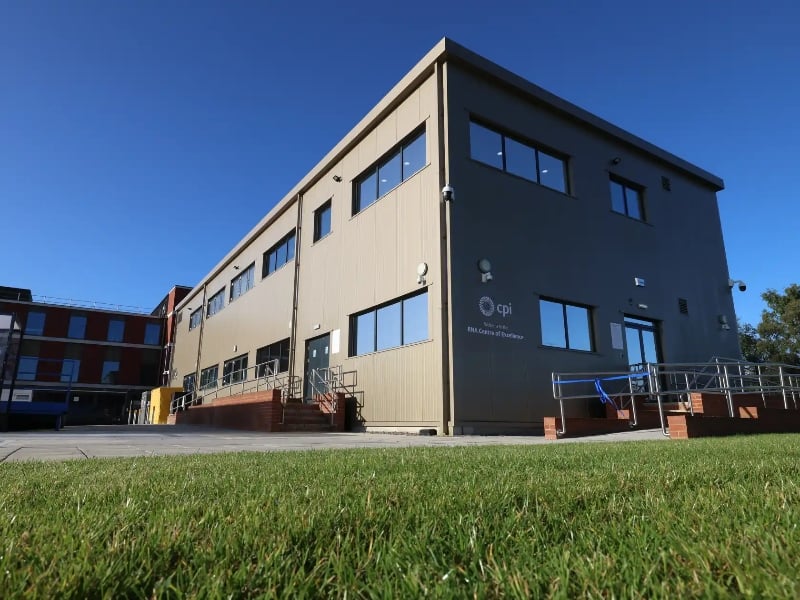England's CPI has opened its RNA Centre for Excellence to serve for emergency preparedness and provide for early-clinical development of RNA products.
England’s Centre for Process Innovation (CPI) has opened a £26.4 million ($32 million) plant in Darlington, the RNA Centre of Excellence, which will support the development and production of RNA products in early-stage clinical trials.
The site will also have the capability—in an emergency—to produce 100 million vaccines annually, according to the group's release.
As the first-of-its-kind facility in the U.K., the Centre can produce lipid nanoparticle-encapsulated messenger and self-amplifying RNA vaccines and therapies, which have “huge potential,” said Frank Millar, the CEO of CPI, said in a Thursday statement.
CPI was established by the U.K. government in 2004 to “connect the dots” between academia, investors and companies to “translate bright ideas and research into the marketplace,” according to its website. It's designed to give its partners access to experts, equipment and funding to reduce the risks and costs associated with product development.
The group has several RNA projects in the works, including a collaboration with VaxEquity, which is developing the first saRNA flu vaccine.
The new site in Darlington—funded by the U.K.’s Department for Science, Innovation and Technology—hosted a launch event on Thursday of last week.
This isn't CPI's first crack at emergency preparedness. In 2020, it began construction of the Vaccine Manufacturing and Innovation Centre in Oxfordshire. The government invested £93 million ($118 million) into the site and another £131 million ($168 million) during the start of the pandemic to speed its construction and boost its capacity.
But construction of the facility was never completed and in February of 2022, CPI sold it off to Catalent, explaining that industry had taken over production of COVID-19 vaccines.
"The vaccine resilience of the UK is best served by pursuing an option of a trade and asset sale to a third party," the CPI told The Telegraph.







